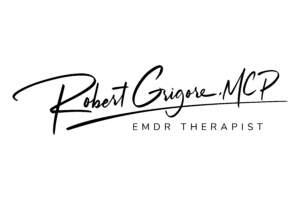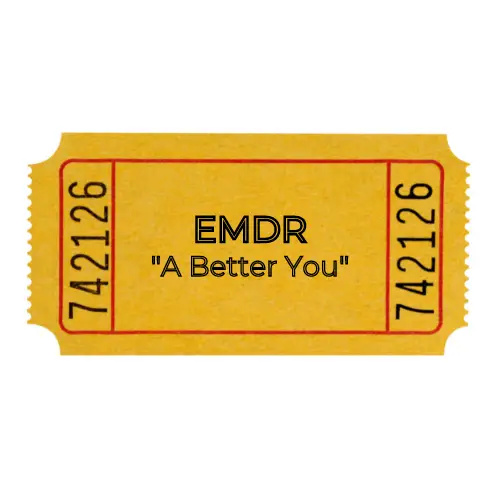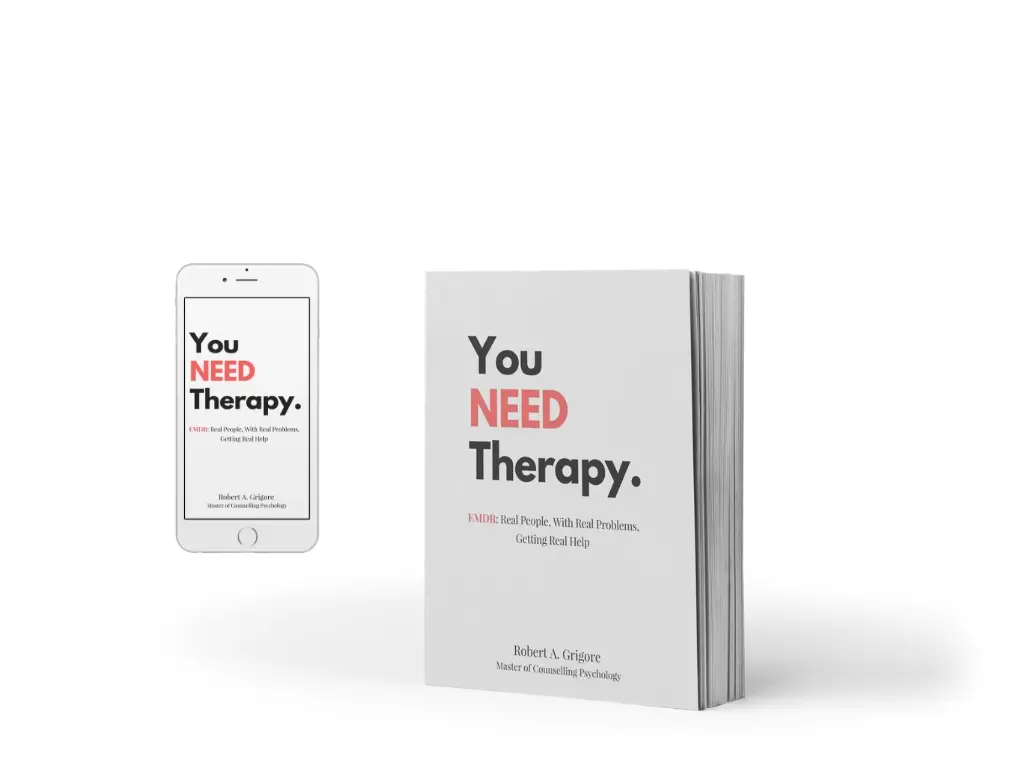Yup. You heard me. This could be the most important blog post you read this year, maybe even in your life…
If you’re not completely satisfied with your life, or you have some obvious area(s) of stress or discomfort in your day-to-day existence, keep reading, this post is for you…unless of course everything’s perfect…in which case, you DEFININTELY should read this post!
The reality is: we all know someone who struggles with their physical or mental health. Knowing what options are available could save a life.
I’m a trauma therapist, and I work with an approach to therapy called, EMDR (short for Eye Movement Desensitization and Reprocessing). This approach has literally changed my life, and continues to change the lives of many, many, many…many of my clients. Most of whom do not come into my office with obvious “trauma” to work through. Yet these people change their lives for the better with minimal therapy time (compared to other forms of therapy), as long as they show trust and commitment to the process. I feel so blessed to have the opportunity to join them on their healing journey–and I am especially grateful to help them transcend their previously set, conscious or unconscious limiting beliefs.
By the way, if this is your first time being introduced to EMDR, I encourage you to also read my other post: WTF is “EMDR”? Or explore my exclusive interviews and media coverage on my AllMyLinks Page
The question I am asked most about my counselling practice, and my inspiration for this blog post, is: “Can EMDR be used for more than just trauma?” The short answer is YES, and the longer answer is still, YES.
Many people are surprised when they first learn that EMDR can be used to treat almost any constellation of psychological and emotional symptoms, as well as treat some physical symptoms. This is because EMDR works by correcting deep-seeded issues which have cognitive, emotional, as well as bodily elements. It’s amazing how connected the mind and body really is! After all, emotions are felt in the body.
So just what can be helped via EMDR treatment?
The Physical

Believe it or not, many issues like: headaches and migraines, back, neck, and muscle pain can be healed through EMDR, and some more serious chronic pain conditions like: fibromyalgia, chronic fatigue, and chronic pain (see my other article: 10 Signs Your Pain May Be Trauma-Based for more info). The ability for EMDR to work with all sorts of somatic ailments (even if they are not quite defined) is exceptional.
I discovered the link between “physical” and “emotional” memories as a massage practitioner many years ago. I would perform deep-tissue treatments on individuals and they would often experience the resurfacing of long-forgotten traumatic memories. At first I wondered what I had done to my clients! Now that I’m a trauma therapist, I see the connection.
This is important for those who find themselves seeking frequent medical attention (i.e. the doctor’s office, emergency rooms, chiropractic, massage therapy, acupuncture, etc.) and don’t find substantial and lasting relief. If you ever feel discomfort in your body and you’re unsure of why that is, or you’re sure but you feel stuck in what to do about it, I encourage you to connect with me either directly, or through the “comments section” below, or to find another EMDR therapist.
To be clear: I am not suggesting that you stop receiving your regular medical attention, what I am suggesting is that you consider treating your health (body and mind) as a complete package.
Emotional

EMDR is great for working with individuals on the emotional level. This tends to be so because many memories include a somatic element, and emotions are felt in the body. Even if the individual doesn’t quite know the emotional significance of something they are feeling, working with an EMDR therapist can assist in not just identifying the emotion, but also learning to control it. And yes…you do have emotions.
Limiting/Negative Self-Beliefs

Do you ever struggle with negative beliefs about yourself, or self-criticism? If you do, then you’re not alone. These statements could be things like: “I can’t do this,” “I’m not good enough,” “I’m unlovable,” “I am a failure,” “I’m stupid,” “I’m bad,” “I’m broken,” “I’m unworthy, ” etc. I can honestly say that I’ve never met one person (who’s not a psychopath or a sociopath…) who hasn’t struggled with negative self-beliefs. We all have them, we all suffer from them, and we can all overcome them (…unless you’re a psychopath or a sociopath).
Psychological

Of course, EMDR was originally designed to treat “psychological disorders,” such as “Post-Traumatic Stress Disorder, however, over the past 30+ years EMDR has been expanded to treat a wide range of psychological disorders. These could include: phobias, panic attacks, depression, other mood disorders (such as: Bi-Polar I, and Bi-Polar II), impulsive disorders, as well as those struggling with substance, or behavioural addictions (such as: gambling, and sex addiction).
EMDR is also effective in working with Obsessive Compulsive Disorder, eating disorders, various attachment disorders, as well as Borderline Personality Disorder. There is also hope for those suffering from the debilitating effects of Narcissistic Personality Disorder. EMDR is also extremely beneficial in working with complex forms of PTSD, and dissociative disorders (including Dissociative Identity Disorder).
I know first-hand how difficult some of these issues can be to experience in one’s life. I’ve struggled with various sorts of addictions throughout my life (without really knowing it half the time), and addiction is one of those things that feels incredibly powerful to overcome. Guess what? There’s great hope. It’s called “EMDR.”
EMDR is also extremely effective in eliminating procrastination, writer’s block, and a whole “laundry list” of other performance issues. Performance issues could be anything from writing a test, to hitting a Major League fastball, or nailing a Hollywood scene…really, the “sky’s the limit” (think of this form of treatment as “performance enhancement”…but it’s legal!).
EMDR can also be used to treat nightmares and sleep disorders (anyone stay up watching Netflix too much?). The list of what EMDR can do, is just about limitless.
So, what do you do next?
I recommend that if you’ve noticed yourself experiencing any similar distress, or even if it’s something that I haven’t mentioned (and that could be a lot ;), I recommend sending us a message or setting up a free consultation (private 1-1, no obligation, just acceptance and answers).
I always love to help people, and consider it a sacred honour to be in the position I am. If you’re serious about changing your life for the better, or you know that you’re just not quite satisfied, I encourage you to contact someone and get some help–remember, getting help isn’t a sign of weakness, it’s a sign of maturity and strength.
____
With care and respect,












